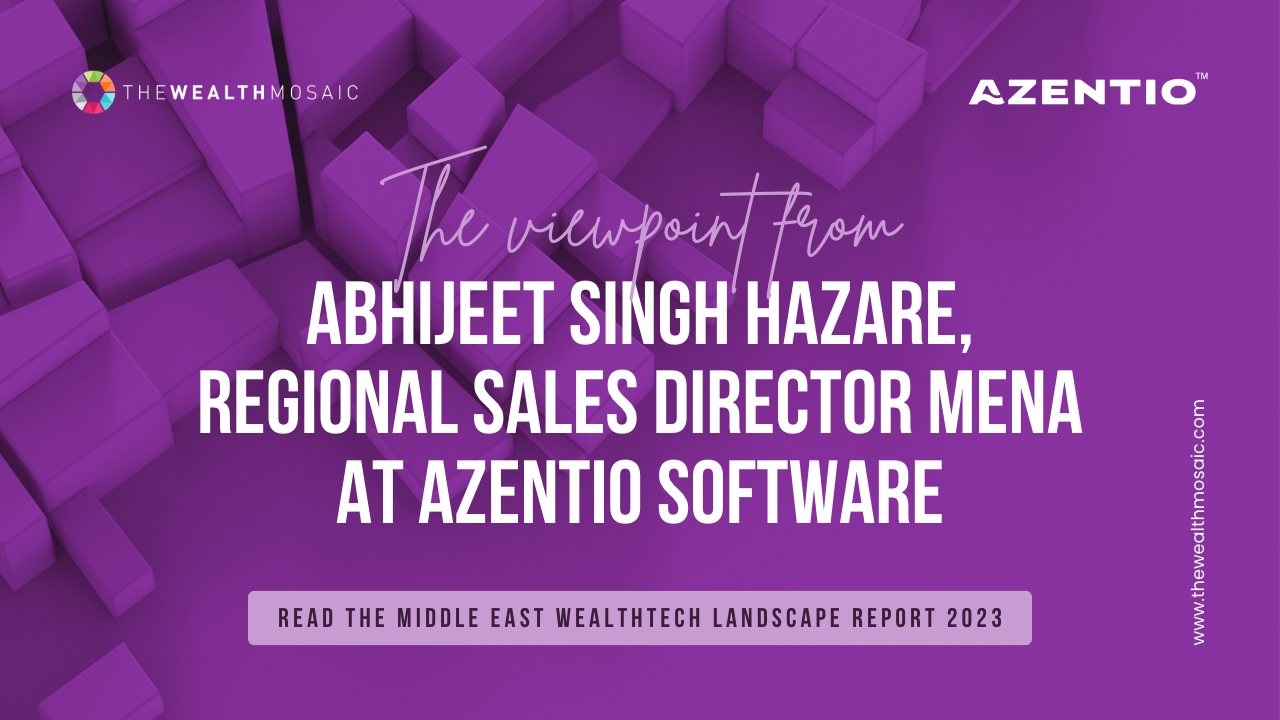
One of the fastest-growing segments within the banking industry, Islamic banking is not a niche segment anymore. The recent trends have shown a rise in the number of Islamic financial institutions along with existing conventional players also adapting to Islamic finance practices. With increasing opportunities in the industry, it becomes important to understand the driving forces behind the business and how it draws parallel to future models that are evolving.
Key operating principles
The key operating principles are based on the fundamental pillars of Islamic finance which are:
| Table 1: Products defined by ensuring compliance with underlying principles and used based on the needs of the end customers | |
| Instruments | Description |
| Musharakah | Like equity participation, the bank and the customer agree to join in a temporary participation for effecting a certain operation within an agreed period. |
| Mudarabah | A partnership agreement in which the investor provides the necessary finance, while the recipient of the funds provides the professional, managerial and technical know-how toward carrying out the venture. |
| Ijarah | Transfer of ownership of a service for a consideration agreed upon. Ijarah results in the transfer of ownership of leased assets to the lessee. |
| Murabahah | On the request of the customer, the bank purchases the asset from a third-party supplier and resells it to the customer against an agreed payment plan. |
| Tawarruq | This is like Murabahah except that the customer is purchasing the commodity as the underlying asset from the bank. The commodity or asset is then sold for cash to a party other than the original seller. |
| Sukuk | An equivalent of bonds also called Shariah compliant bonds. The bondsrepresent partial ownership in an asset, not a debt obligation. |
The banking practices followed by Islamic banks are contemporary and in the best interests of the needs of the end customers. The products across bank debt or financing are constructed by keeping these key principles and others as the fundamental blocks.
To support these practices, AAOIFI was set up to develop accounting, auditing and banking practices relevant to the activities of Islamic financial institutions. The standards issued by AAOIFI in relation to accounting, uditing and code of ethics are duly reviewed by its Shariah board which ensures that they follow the rules and principles of Islamic finance.
Islamic financial institutions cannot earn interest by lending money, therefore, they undertake investment to earn a profit not only for the bank itself but also for the depositors in the investment account.
A few examples of the application of these principles from an operations point of view are as follows.
Islamic banks receive two types of deposits:
Current trends
As per S&P Global Ratings, the continued growth of Islamic finance is translating into increased prominence within global financial markets. For example:
What lies ahead?
Considering the global conditions, all banks including Islamic banks are focusing on preserving the capital base that would have muted or lower growth in 2020–21. However, as global economies recover over the next five years, Islamic banking assets are projected to reach US$2.44 trillion by 2024.
With the advent of environmental, social and governance factors, there is an enormous focus from financial institutions on preventing environmental damage and supporting social empowerment. This congruence should visibly add to the growth of the Islamic finance sector. With traditional financial institutions seeking mergers and acquisitions mainly within the Gulf region, this is an interesting diversion to watch for from a growth perspective and how innovative business models can emerge.

In this article published in The Wealth Mosaic, L Guru Raghavendran, Senior Vice President, Banking and Capital Markets at Azentio Software, looks at the best ways to mitigate risk from transaction laundering.
The Wealth Mosaic

Regional Sales Director at Azentio, Abhijeet Singh Hazare, reveals how advisers can yield maximum results by unlocking the power of AI and alternate data.
The Wealth Mosaic

Regional Sales Director at Azentio, Abhijeet Singh Hazare, reveals how advisers can yield maximum results by unlocking the power of AI and alternate data.
We are happy to hear from you and answer your questions. Let's begin our journey together.